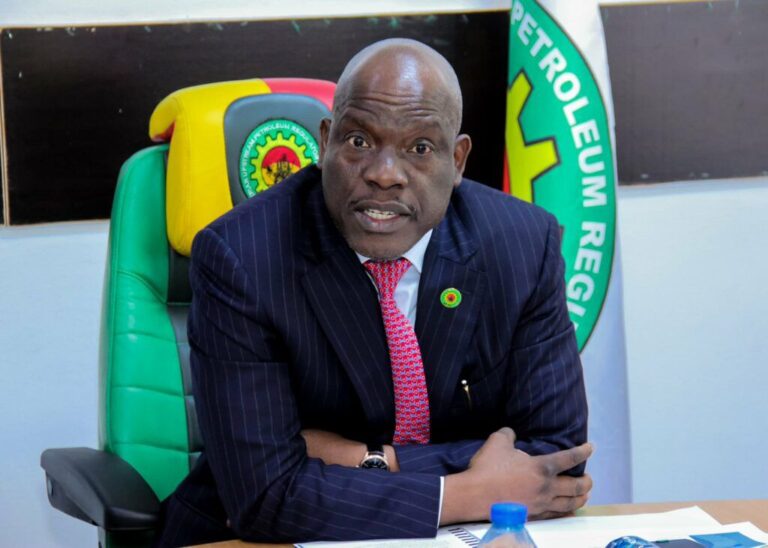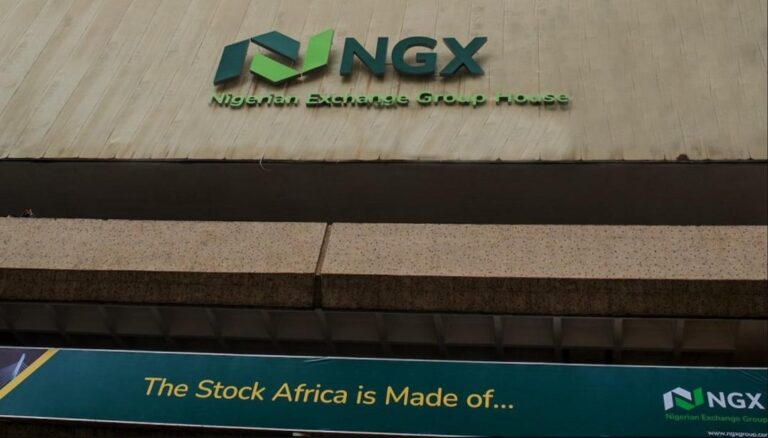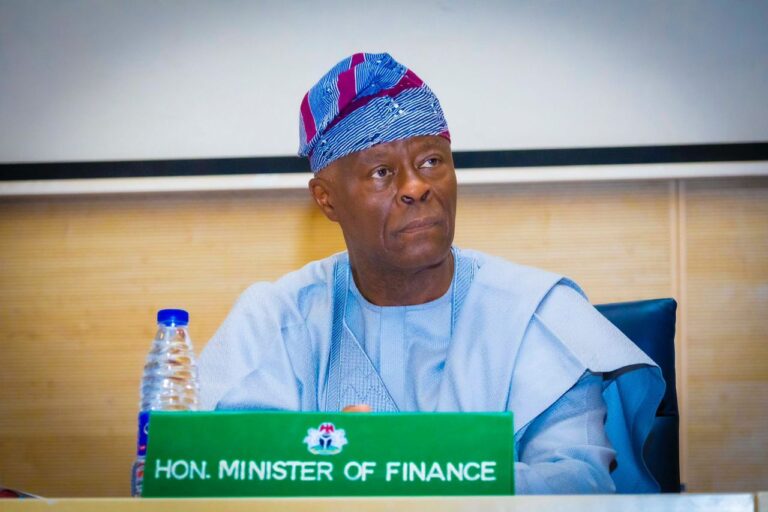The Financial Action Task Force (FATF), the global anti-money laundering and terrorism financing watchdog, officially removed both Nigeria and South Africa from its “grey list” on Friday, a major decision expected to unlock significant investment and ease cross-border trade for Africa’s two largest economies.
The announcement, made at the close of the FATF Plenary session in Paris, signifies that both nations have successfully completed the rigorous action plans put in place after they were placed under increased monitoring in February 2023.
Nigeria and South Africa, alongside Burkina Faso and Mozambique, were all delisted in a single plenary session, marking a sweeping vote of confidence for financial governance in key African markets.
Nigeria’s delisting follows the successful implementation of a 19-point action plan, which focused heavily on operational effectiveness in tackling financial crime.
In a statement, Nigeria’s Minister of Finance, Wale Edun, hailed the development, stating that it “reinforces confidence in our economy and the integrity of our monetary and financial systems, signaling to investors and global partners that Nigeria’s institutions are strong, transparent and internationally trusted.”
He anticipates the move will “ease cross-border transactions, improve capital flows, including foreign direct investment, and strengthen the foundations for rapid and sustainable economic growth and job creation.”

South Africa’s removal comes after a two-year effort to address 22 core deficiencies in its Anti-Money Laundering and Counter-Financing of Terrorism (AML/CFT) regime.
The South African National Treasury noted that the country had achieved all the necessary reforms, particularly in demonstrating effective, proportionate sanctions for breaches and improving the identification and seizure of the proceeds of a wider range of crimes.
Economists have projected that the grey list designation had been costing both nations billions in capital inflows, with some reports suggesting a potential loss of over 7% of GDP in capital flows for monitored countries.
A 2021 report by the International Monetary Fund (IMF) found that grey-listed countries can experience a “large and statistically significant reduction in capital inflows.”
The delisting is expected to make it easier and cheaper for citizens working overseas to send money home, a critical source of foreign exchange for Nigeria, which receives an estimated $20 billion annually in remittances.

Market analysts anticipate a positive, though potentially modest, lift in financial asset prices as the removal lowers the perceived risk profile for foreign investors, encourages correspondence banking relationships, and reduces the cost of doing business in Africa’s two most industrialised economies.












